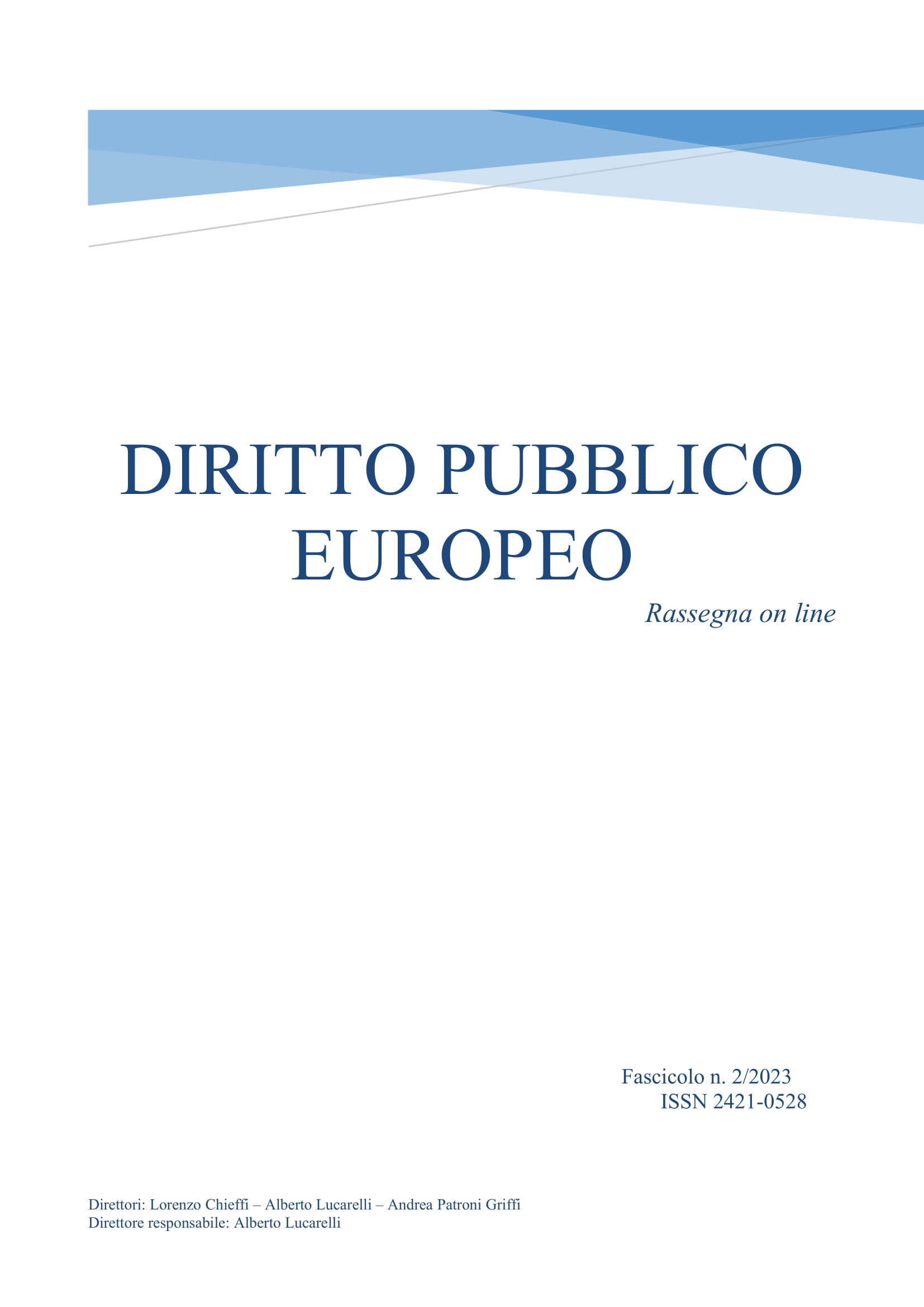The historical-philosophical assumptions of autonomy in the province of Bozen/Bolzano
DOI:
https://doi.org/10.6093/2421-0528/10205Keywords:
Constituent Assembly, Autonomous Statute, Province of Bolzano, Sovereignty, Südtiroler Volkspartei, Presuppositions of the legal orderAbstract
This paper concerns the autonomy of the Province of Bolzano. The latter has its main juridical source in the second Autonomous Statute (1972), which, however, relies on fundamental legal, historical and philosophical presuppositions. Nor is it a coincidence that back in 1947, the Secretary of the Südtiroler Volkspartei Otto Guggenberg, wrote to the Constituent Assembly, recalling the autonomist history of the Tyrol as the main argument for the recognition of autonomy in the wake of the popular sovereignty that was being established. Indeed, sovereignty and autonomy were declared by the Constituent Assembly in Article 5 as relational concepts, which condensed teachings provided by philosophers such as Montesquieu and Tocqueville. A legal, historical and philosophical look at the assumptions of autonomy is an enquiry into its origins, glancing at the past to imagine the future


